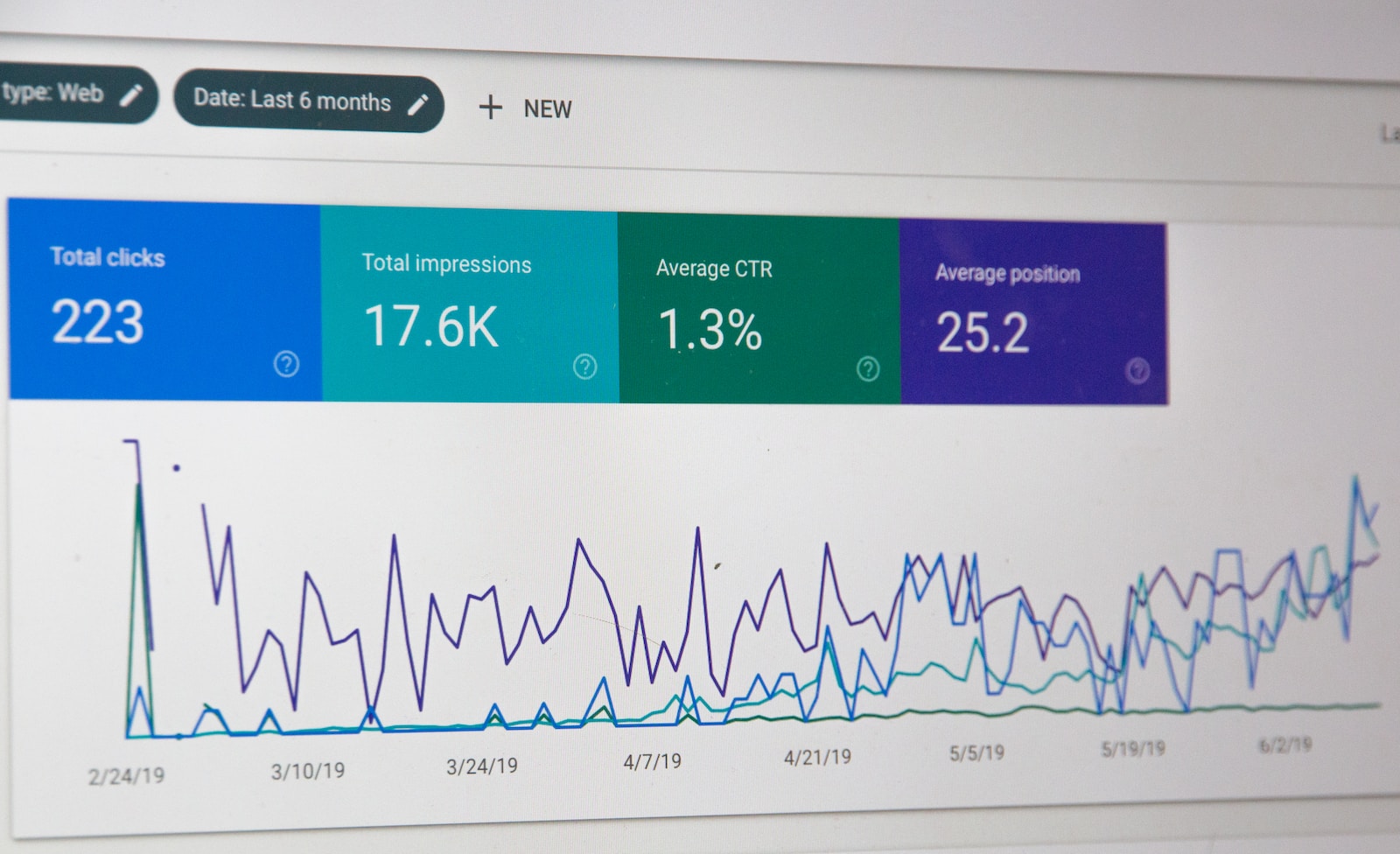In today’s data-driven world, businesses have access to vast amounts of information. However, the true value lies in the ability to extract meaningful insights and make informed decisions. This is where data analytics comes into play. Data analytics is the process of examining data sets to uncover patterns, trends, and insights that can drive business growth. In this article, we will explore the role of data analytics in driving business growth and how organizations can leverage this powerful tool to gain a competitive edge.
1. Understanding Customer Behavior:
Data analytics allows businesses to gain a deep understanding of customer behavior. By analyzing customer data, such as purchase history, browsing patterns, and demographic information, businesses can identify trends and preferences. This valuable information enables businesses to personalize their offerings, tailor marketing campaigns, and improve customer experiences. By understanding customer behavior, businesses can make data-driven decisions that drive growth and customer loyalty.
2. Enhancing Operational Efficiency:
Data analytics plays a crucial role in optimizing operational efficiency. By analyzing operational data, such as supply chain information, production data, and inventory levels, businesses can identify bottlenecks and inefficiencies. This insight allows businesses to streamline processes, reduce costs, and improve productivity. Data analytics can also help in predictive maintenance, allowing organizations to identify potential equipment failures before they occur, minimizing downtime and maximizing efficiency.
3. Identifying New Market Opportunities:
Data analytics can uncover new market opportunities for businesses. By analyzing market data, such as industry trends, competitor analysis, and customer feedback, businesses can identify gaps in the market and develop innovative products or services. Data analytics can also help in identifying untapped customer segments and niche markets, allowing businesses to target specific audiences with tailored offerings. By leveraging data analytics, businesses can stay ahead of the competition and seize new growth opportunities.
4. Improving Decision-Making:
Data analytics empowers businesses to make informed, data-driven decisions. By analyzing data from various sources, such as sales data, customer feedback, and market trends, businesses can gain valuable insights that guide decision-making. Data analytics provides businesses with accurate and up-to-date information, enabling them to make decisions based on facts rather than assumptions. This leads to better strategic planning, reduced risks, and improved outcomes, ultimately driving business growth.
5. Enhancing Marketing Effectiveness:
Data analytics revolutionizes the way businesses approach marketing. By analyzing customer data and campaign performance metrics, businesses can optimize their marketing efforts. Data analytics can help identify the most effective marketing channels, target the right audience, and personalize marketing messages. This leads to higher conversion rates, improved customer engagement, and increased ROI on marketing investments. Data analytics also enables businesses to track and measure marketing campaigns in real-time, allowing for quick adjustments and continuous optimization.
6. Enabling Data-Driven Innovation:
Data analytics fuels innovation within organizations. By analyzing internal and external data, businesses can uncover insights that drive product or service innovation. Data analytics can identify emerging trends, customer needs, and areas for improvement. This enables businesses to develop new products or services that meet market demands and exceed customer expectations. Data-driven innovation can give businesses a competitive edge and open up new avenues for growth.
In conclusion: Data analytics has become an indispensable tool for driving business growth in today’s data-driven world. By leveraging the power of data, businesses can gain valuable insights into customer behavior, enhance operational efficiency, identify new market opportunities, improve decision-making, enhance marketing effectiveness, and enable data-driven innovation. Organizations that harness the potential of data analytics are better positioned to stay ahead of the competition, make informed decisions, and drive sustainable business growth. As businesses continue to generate and accumulate vast amounts of data, the role of data analytics will only become more critical in shaping the future of business.



